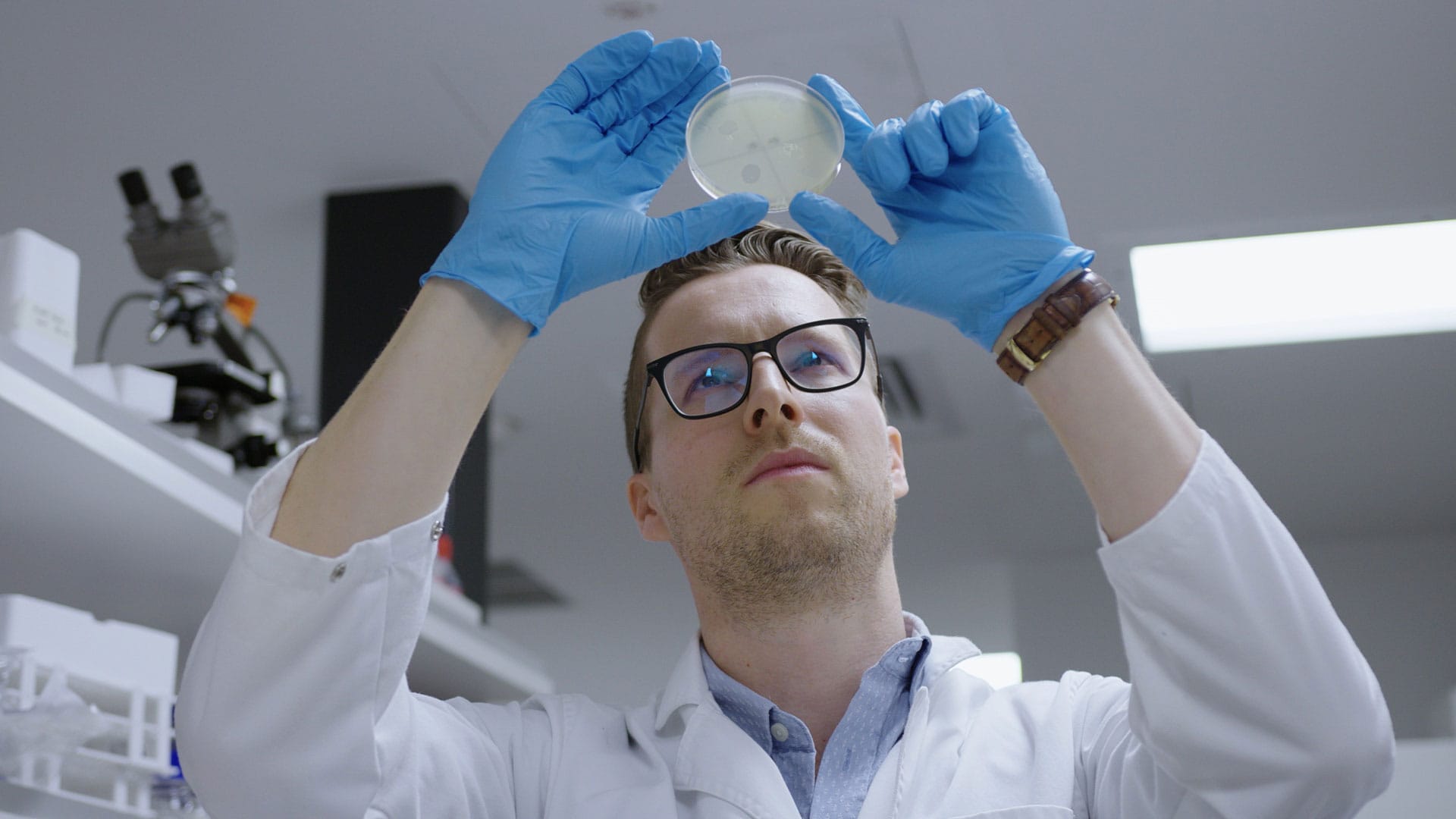
Antibiotic resistance is the number one global challenge in the battle between mankind and microbes and has been identified by the World Health Organisation (WHO) as one of the three greatest threats to human health.
The widespread use of antibiotics since the 1940s has resulted in the emergence of super-smart superbugs and “we don’t have the drugs or the chemicals to combat it any longer”, warned Monash research fellow Jeremy Barr.
“I define a superbug as a micro-organism that we’ve pushed to its evolutionary limit in the sense that we’ve been using antibiotics and antimicrobial agents against it for decades and it’s now starting to fight back,” he said.
This increasing resistance to antibiotic treatments means that the risk of complications from surgeries – even minor scratches – could be fatal.
If the current trend in antimicrobial resistance is not altered, it is estimated that, by 2050, 10 million people a year will die from superbug-related infections, outstripping cancer and heart disease as our number one killer.





